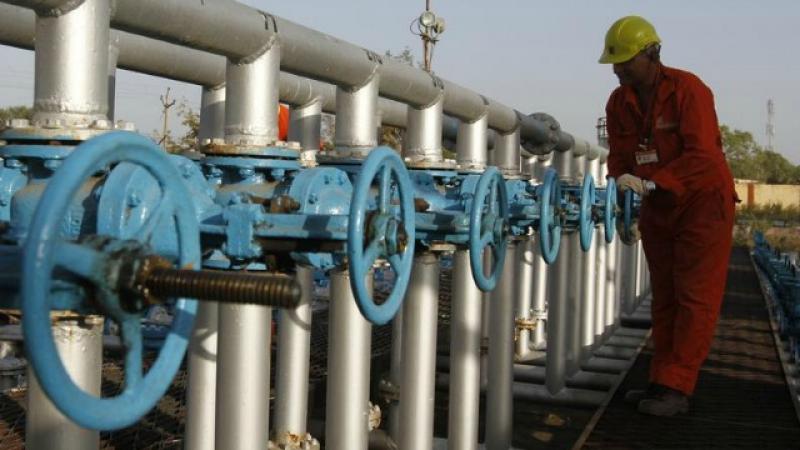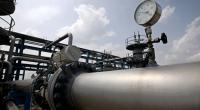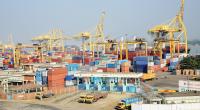 After cross-country electricity grid, Bangladesh and India are now set for a cross-country oil pipeline.
After cross-country electricity grid, Bangladesh and India are now set for a cross-country oil pipeline.
Prime Minister Sheikh Hasina and her Indian counterpart Narendra Modi will flag off the construction of the 136-km pipeline to carry diesel from the Numaligarh Refinery in Assam to Parbatipur in Dinajpur on Tuesday.
The premiers will inaugurate the construction from Dhaka and New Delhi through video conferencing.
The two countries entered into an agreement for the pipeline construction early this year.
The 6-km Indian leg of one million tonne capacity pipeline will be financed by Numaligarh Refinery. The remaining 130 km of the pipeline will be in Bangladesh and is financed through India’s ongoing development cooperation programme. The total cost of the pipeline is pegged at Tk 5.2 billion.
Depending on the availability of the right of way in Bangladesh, the pipeline is scheduled to be completed in 27 months. The project will replace the existing practice of sending diesel by rail, covering a distance of 510 km.
India started sending diesel produced by Numaligarh Refinery to Bangladesh under a long-term deal in March 2016. Currently, it sends approximately four rake loads (10,000 to 12,000 kilo litre) of diesel every month for distribution in northern Bangladesh districts.
Bangladesh has been mulling oil-pipelines across the country.
Officials said last year, the government was working to build five major oil-carrying pipelines having the total length of over 600 kilometres (km) at a cost of around Tk 81.21 billion by 2020, which included the cross-country one with India as well as four intra-country pipelines.
Currently, Bangladesh depends on coastal tankers, railway wagons and tank lorries to carry both crude and refined oil products to end-users after importing from global suppliers in Chittagong depots as it has no major oil-carrying pipeline.
Small barges, mostly owned by the private sector, have also been carrying petroleum products on various river routes.
 Business
Business
41364 hour(s) 7 minute(s) ago ;
Morning 07:01 ; Sunday ; Jul 06, 2025
Bangladesh-India oil pipeline construction starts Tuesday
Send
Bangla Tribune Report
Published : 20:59, Sep 16, 2018 | Updated : 10:29, Sep 17, 2018
Published : 20:59, Sep 16, 2018 | Updated : 10:29, Sep 17, 2018
0 ...0 ...
/sns/zmi/
Topics: Top Stories
- KOICA donates medical supplies to BSMMU
- 5 more flights to take back British nationals to London
- Covid19: Rajarbagh, Mohammadpur worst affected
- Momen joins UN solidarity song over COVID-19 combat
- Covid-19: OIC to hold special meeting
- WFP begins food distribution in Cox’s Bazar
- WFP begins food distribution in Cox’s Bazar
- 290 return home to Australia
- Third charter flight for US citizens to return home
- Dhaka proposes to postpone D8 Summit
Unauthorized use of news, image, information, etc published by Bangla Tribune is punishable by copyright law. Appropriate legal steps will be taken by the management against any person or body that infringes those laws.
Bangla Tribune is one of the most revered online newspapers in Bangladesh, due to its reputation of neutral coverage and incisive analysis.
F R Tower, 8/C Panthapath, Shukrabad, Dhaka-1207 | Phone: 58151324; 58151326, Fax: 58151329 | Mob: 01730794527, 01730794528






